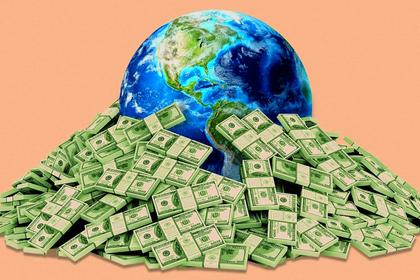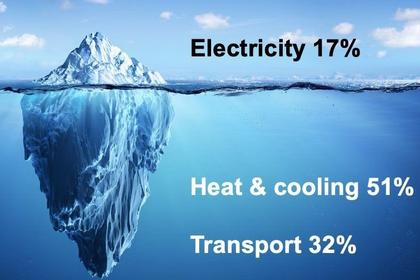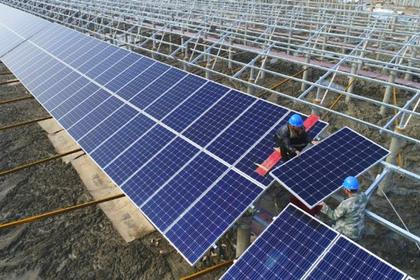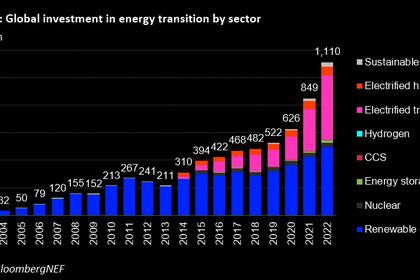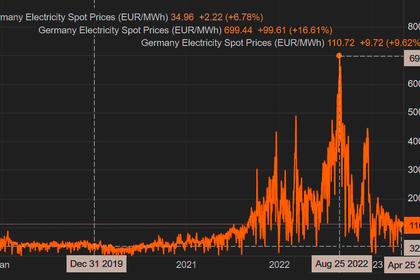
G20 HYDROGEN ENERGY GUIDELINES
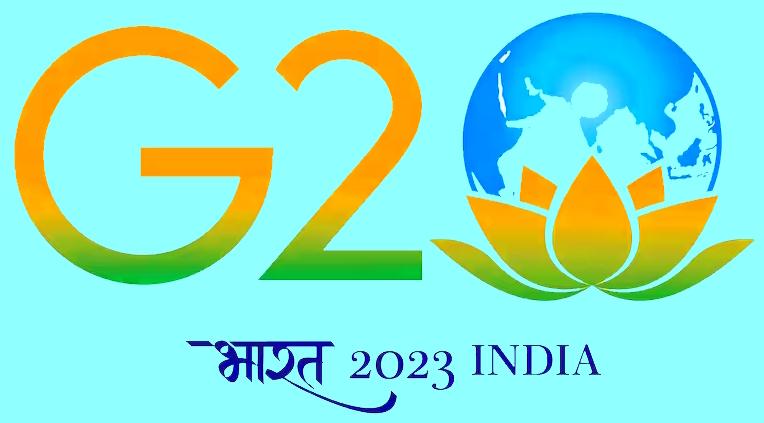
PLATTS - 22 Jul 2023 - Energy ministers from the G20 nations meeting in Goa, India July 22 released five voluntary principles on carbon and renewable hydrogen, but shied away from setting goals for the phase out of fossil fuels, with no reference to coal-fired power generation.
The ministers released an Outcome Document and Chair's Summary after marathon meetings in Goa, seen as an important negotiating opportunity ahead of the UN's COP28 climate talks in late November.
Ministers "put green hydrogen and low carbon hydrogen at center stage and everybody has agreed to it . . . the consensus among all the ministers was that this has formed the basis of the next COP," said the meeting's Chair and India's Power and New and Renewable Energy Minister, RK Singh.
The meeting endorsed voluntary principles encouraging collaboration on development of national standards and globally harmonized certification of low carbon and renewable hydrogen.
The principles promote free trade of clean hydrogen and derivatives like ammonia in line with WTO rules, accelerate technology innovation, mobilize finance and support information sharing.
They were already being taken forward in draft agreements, Singh said, noting one would likely be signed with Japan during the G20 Leaders' Summit, scheduled to take place in New Delhi in September.
Other agreements had been discussed with Germany, Singapore and the EU "for harmonizing standards and carbon credit mechanisms," Singh said.
Split on phase down
Singh said that while the majority of G20 members supported the phase down of fossil fuels, decisions remained dependent on individual national goals.
"Some countries felt that instead of phase down there were options of carbon capture, storage and abatement," Singh said.
Indeed the G20 ministers noted fossil fuels played a significant role in the eradication of energy poverty and in meeting growing energy demand.
As such "the importance of making efforts towards phase down of unabated fossil fuels, in line with different national circumstances, was emphasized by some members," the statement said.
"Others had different views on the matter that abatement and removal technologies will address such concerns," it said.
On renewables, meanwhile, ministers noted the "significance of our voluntary contributions towards efforts to triple the clean energy technologies capacity globally, through existing targets and policies in line with national circumstances, by 2030."
In particular, G20 nations would look to accelerate adoption of carbon capture, storage, bioenergy, geothermal and, where relevant, nuclear power.
Finally on climate finance, the document urged G20 nations to fulfill commitments to deliver $100 billion per year through to 2025 to developing countries, and called on international finance institutions and multilateral development banks to improve access to low cost financing, not least for low carbon and renewable hydrogen.
The G20 comprises Argentina, Australia, Brazil, Canada, China, France, Germany, India, Indonesia, Italy, Japan, Republic of Korea, Mexico, Russia, Saudi Arabia, South Africa, Turkey, the UK, the US and the European Union. The nations represent over 75% of global trade.
Energy security
Energy security and equity were underlying themes at the G20's energy ministerial in Goa, with ministers highlighting cost pressures and access to electricity as primary considerations when avoiding fossil fuel reduction targets.
"The energy transition has many layers and a lot of complexity and the reality is that the world is very dependent on fossil fuels – [representing] almost 80% of the energy needed for energy security," Brazil's Minister of Mines and Energy Alexandre Silveira told S&P Global on the sidelines of the meeting.
Silveira, who will host the next G20, added there had been "huge advance in new technologies that are creating alternatives for replacing the dominance of fossil fuels."
India's energy minister Singh called for collaborative work in research and development to adopt transition technologies, notably carbon capture.
Diversification of supply chains was another theme of the ministerial in the context of the pandemic and the war in Ukraine. This was especially the case for critical minerals, Singh said.
India's growth
India was looking to add 50 GW/yr of renewable capacity to the country's existing 174 GW installed renewables base, the minister said after conclusion of G20 meetings.
"We are bringing about a change in all our bidding documents," he said after the conclusion of G20 meetings. "Now capacity construction will go on throughout the year by all developers."
Under the new bidding system, renewable developers can buy or lease land at any time and start construction ahead of tender procedures, allowing them to bid regardless of the stage of project development.
On supply chains, India aimed to have a manufacturing capacity of 100 GW for solar cell production by 2030, Singh said.
A tender for 1.5 GW of electrolysis capacity to come up under the government's Production-Linked Incentive Scheme is currently open.
Platts, part of S&P Global Commodity Insights, assessed the monthly average price of hydrogen (PEM electrolysis, Victoria, Australia) at $3.79/kg for June, the cheapest PEM electrolysis-based production cost in Asia-Pacific.
-----
Earlier:
